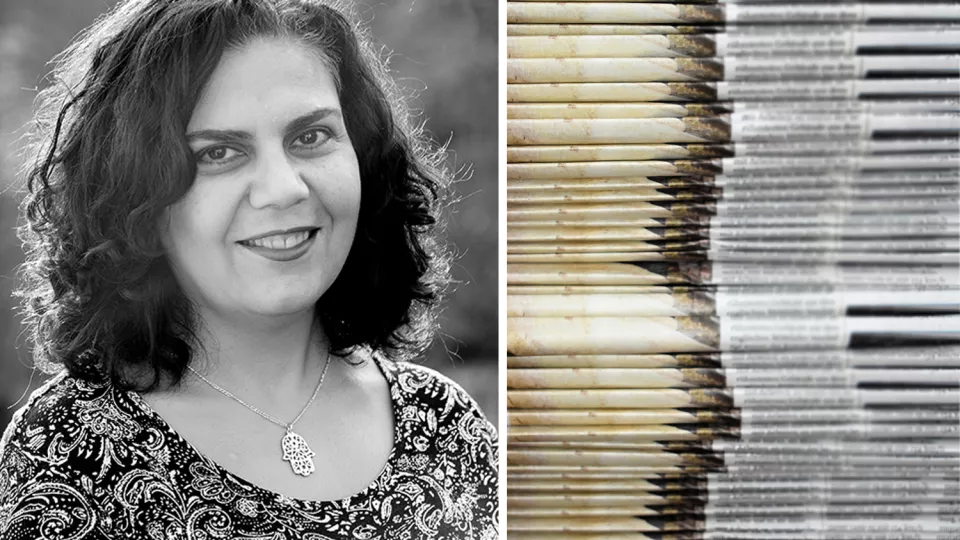In a paper published in Mashriq & Mahjar: Journal of Middle East and North African Migration Studies, Dalia Abdelhady studies portrayals of Syrian refugees in the Turkish newspaper Zaman from 2011 to 2015. She focuses on human interest stories where there is a stronger potential to find humanised portrayals of refugees, but instead finds that this news genre contributes to their dehumanisation. Central to her analysis is the concept of "othering", which occurs when a majority group constructs another group as fundamentally different, creating a separation between us (the majority) and them (the "others").
"Such a construction is observed in the continuous assertion of the refugee status that serves to remind us of their lack of belonging to the host society and culture," Abdelhady writes.
Zaman was a daily that openly supported the politically dissident Gülen Movement and often criticised President Recep Tayyip Erdoğan. It was one of Turkey's most widely circulated newspapers, with a readership of about 650 000, until 2016, when the Turkish government seized control of the publication.
Abdelhady finds that articles in Zaman engaged in typical othering strategies by depicting Syrian refugees as victims without agency and a social burden, occasionally underscoring their difference and placing them in opposition to Turkish society.
"The othering of refugees is dependent on specific understanding of the self, and the opposition between the benevolent self and the vulnerable burdensome other," she writes.
At the same time, the paper publishes humanising us-and-them narratives, describing the Syrians' daily routines, feelings of gratitude and sorrow, and noting the religious beliefs they share with the Turks. Abdelhady calls this "inclusive othering".
"This contradictory strategy results from the increasing politicization of refugees which, in the case of Zaman, is part of the larger political conflict the newspaper was entangled in," she writes. "The politicization of refugees refers to the use of refugees in struggles for political power by nation-states (Turkey in face of the EU, for example) and political actors within in the nation-state ([the Gülen Movement] within Turkey). Importantly, as our analysis shows, the politicization of refugees impedes attempts to humanize and include them within the social fabric of the national community."
Visit Dalia Abdelhady's page on the Sociology Department's website.


